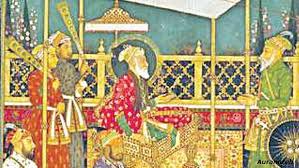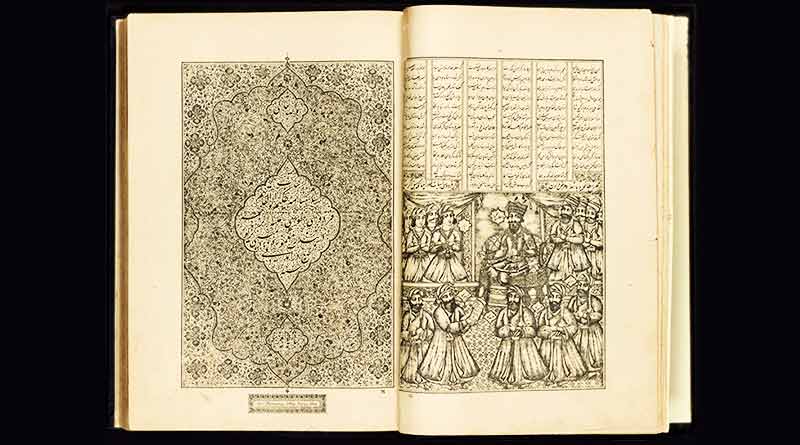Mughal period revenue theory

Other Important Facts-
- Hindu (Indian) Islamic culture
- Modern India : What were the reasons for the collapse of the Mughal empire?
Revenue theory of the Mughals-
Origin of the revenue theory of the Mughals was the Shariah (the common name of the Quran and hadith).
Babur, while expressing the views of the state, said that there is no obligation to increase from the kingdom. Loneliness or lazy life is not justified for the king.
Babur also freed the Mughal emperors from the nominal possession of the Khalifah by assuming the title of the emperor. Now they are no longer subject to any foreign power or person.
Humayun believed the emperor to be representative of God on the earth. According to him, the emperor protects his subjects in the same way as God protects all the creatures of the earth.
Abul Fazl has explained the principle of Mughal Principle of Akbar in Ain-Akbari.
Abul Fazl has written while describing Akbar’s reign in the kingdom : It is the grace of God that is the person who receives thousands of qualities together.
According to Abul Fazl, the royalist is the Divine and the World Publisher is a ray of the sun.
Akbar considered the monarchy above religion and sect and adopted a policy of reconciliation in place of the Orthodox Islamic doctrine. While Aurangzeb made the monarch the successor of Islam.
Although Aurangzeb was an observer of Hanif ideology of traditional Muslim law in India, he did not hesitate in issuing secular laws (jurists) such as Jabavit. Because Jabavit was theoretically complementary of Shariat.
The Mughal emperors undoubtedly regarded the two duties of the emperor– jahambani (the defense of the state) and Jahangiri (rights on other states).
According to the principle of Abul Fazl who supported it, the Emperor is the representative of God and the Messenger of God on earth, and God has given him more wisdom and discretion than ordinary human.
Reference : https://www.indiaolddays.com/





